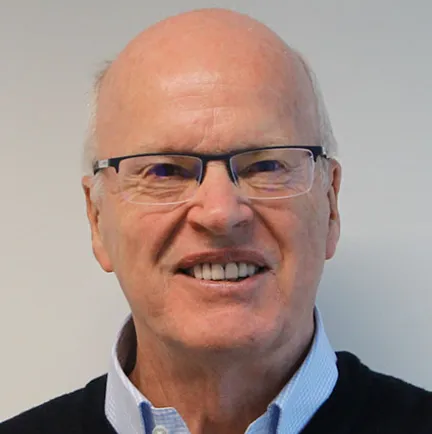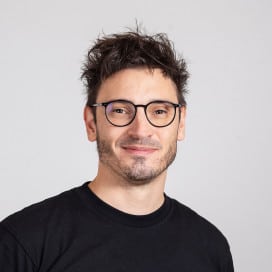ESSENTIAL
Understanding and applying the ICF
How many of the 300,000 – 600,000 words in our language that are available to us do we actually use in everyday life? That's right, around 2000 words cover 85% of spoken language.
The ICF is also a very complex work, with over 1,400 categories alone. This is one reason why many therapists as well as doctors have not yet warmed to the ICF and it has not become established in their everyday work, even though it has existed since 2001.
It's not worth learning the ICF off by heart – but it is worth understanding it!
Course content
The ICF as a model helps us enormously in our daily work and we don't have to know it down to the smallest detail. In this course you will learn how the ICF is structured and why this model helps you to understand the complex relationships that changes in health status bring with them.
Course part 1 | Understanding and applying the ICF
- The description of the ICF
- The bio-psycho-social model
- Knowledge check ICF
- Diagnosis and ICF in context
- Thinking model and application
Course part 2 | Final test
Nurses
Physiotherapists
Occupational therapists
Sports therapists
Doctors and physicians
Orthopaedic technicians
Educators
Neuropsychologists
60 minutes learning time
Handout included
available for 6 months from booking
Meet the teachers

Dr. med. Beat Knecht
From 1984 to 2010, Beat was head physician at what is now Kinder-Reha Schweiz, during which time he significantly shaped and influenced pediatric rehabilitation. He was particularly enthusiastic about the development, introduction and implementation of the ICF for children and adolescents. For him, the ICF is a foundation and a guidepost for today's understanding of rehabilitation.

Jan Lieber MSc.
As an occupational therapist, I use the ICF every single day at work. It's how I think. It shapes how I plan and carry out my treatments and therapeutic measures as an occupational therapist, and also in interdisciplinary collaborations.
ICF info video
Training points
and
Certificate
You will receive the following training points for this course

- German Association of Occupational Therapists (DVE): 1 point
- German Association of Physiotherapy (ZVK): 1 point

- Umbrella organization of medical-technical services (MTD): 1 teaching unit*

- Ergoverband Schweiz (EVS): 1 point
- physioswiss: 1 point
- Pediatrics Switzerland_ 1 CME credit
After completing the course, you will automatically receive a personal certificate that you can use as proof of your training
* Our confirmation of participation can be submitted to your professional association as part of an application for the MTD-CPD certificate.


